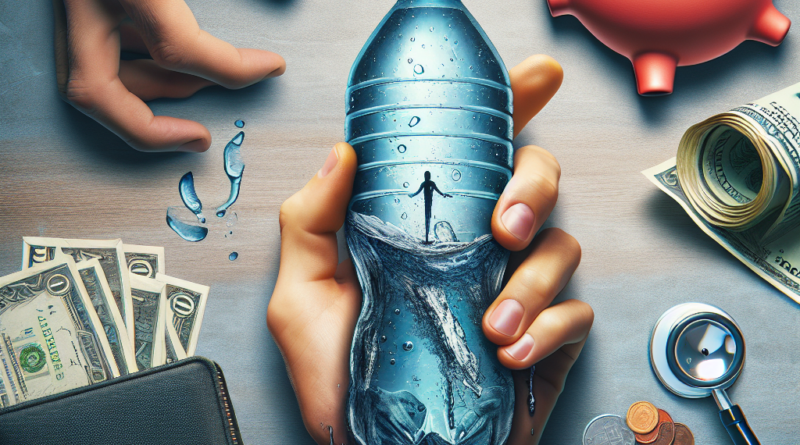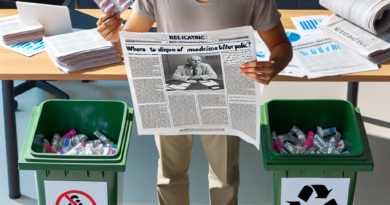Stop Using Bottled Water: Impacts on Health and Your Wallet
Health Risks of Bottled Water Consumption
Bottled water is often perceived as a safer and more health-conscious alternative to tap water.
However, evidence suggests that it may come with its own set of disadvantages, particularly regarding both cost and potential health risks.
While many believe bottled water is cleaner, a recent study published in BMJ Global Health raises serious concerns about the long-term effects of food contaminants linked to plastic packaging.
According to researchers, bottled water can be contaminated by harmful substances in plastic, with contamination rates varying between 10% and 78% depending on several specific factors.
The study highlights various contaminants, including phthalates, alkylphenols, polychlorinated biphenyls (PCBs), perfluoroalkyl substances, and bisphenol A (BPA).
Analysis of Contaminants
The health risks associated with these contaminants are alarming.
Most national regulations focus primarily on short-term exposure limits for water safety, while the longer-term dangers remain under-researched.
Furthermore, environmental impacts and high costs make a compelling case for reducing bottled water consumption.
Is Bottled Water Harmful?
While blanket statements about bottled water being harmful can be misleading, the reality is that harmful substances can leach from plastic into the water.
This underscores the importance of regulations aimed at ensuring safety throughout the bottling process.
Additionally, contaminants such as PFAS can pollute both bottled and tap water sources heavily.
Tap water can also carry harmful metals like copper and lead, leading to similar health risks.
Alternatives and Conclusions
The World Health Organization (WHO) does not outright condemn bottled water; however, they emphasize the need for stricter examination of microplastics, which may pose risks that are not fully understood yet.
They call for significant efforts to reduce plastic waste and improve recycling measures globally.
In Italy, the per capita consumption of bottled water is among the highest in the world, with an average of 206 liters per person annually, demonstrating a clear opportunity for improved practices.
By switching to tap water, families could save hundreds of euros each year while contributing to a healthier planet.
Ultimately, despite the fact that bottled water is not inherently dangerous, its environmental costs and health implications suggest that opting for tap water is a more sustainable and economical choice.




